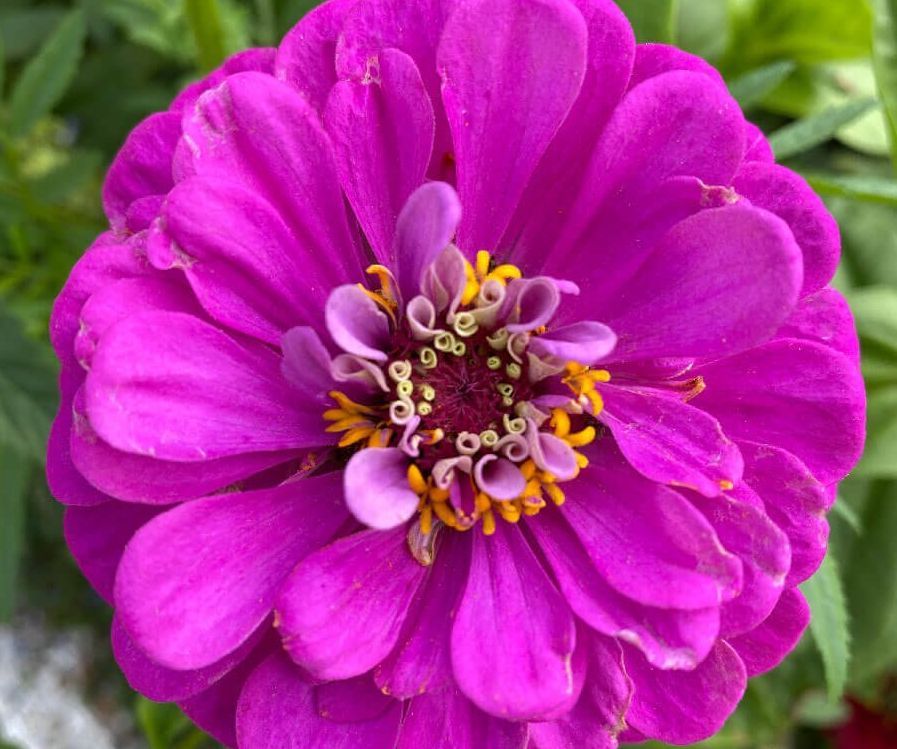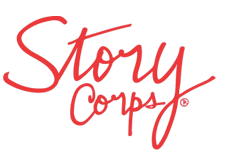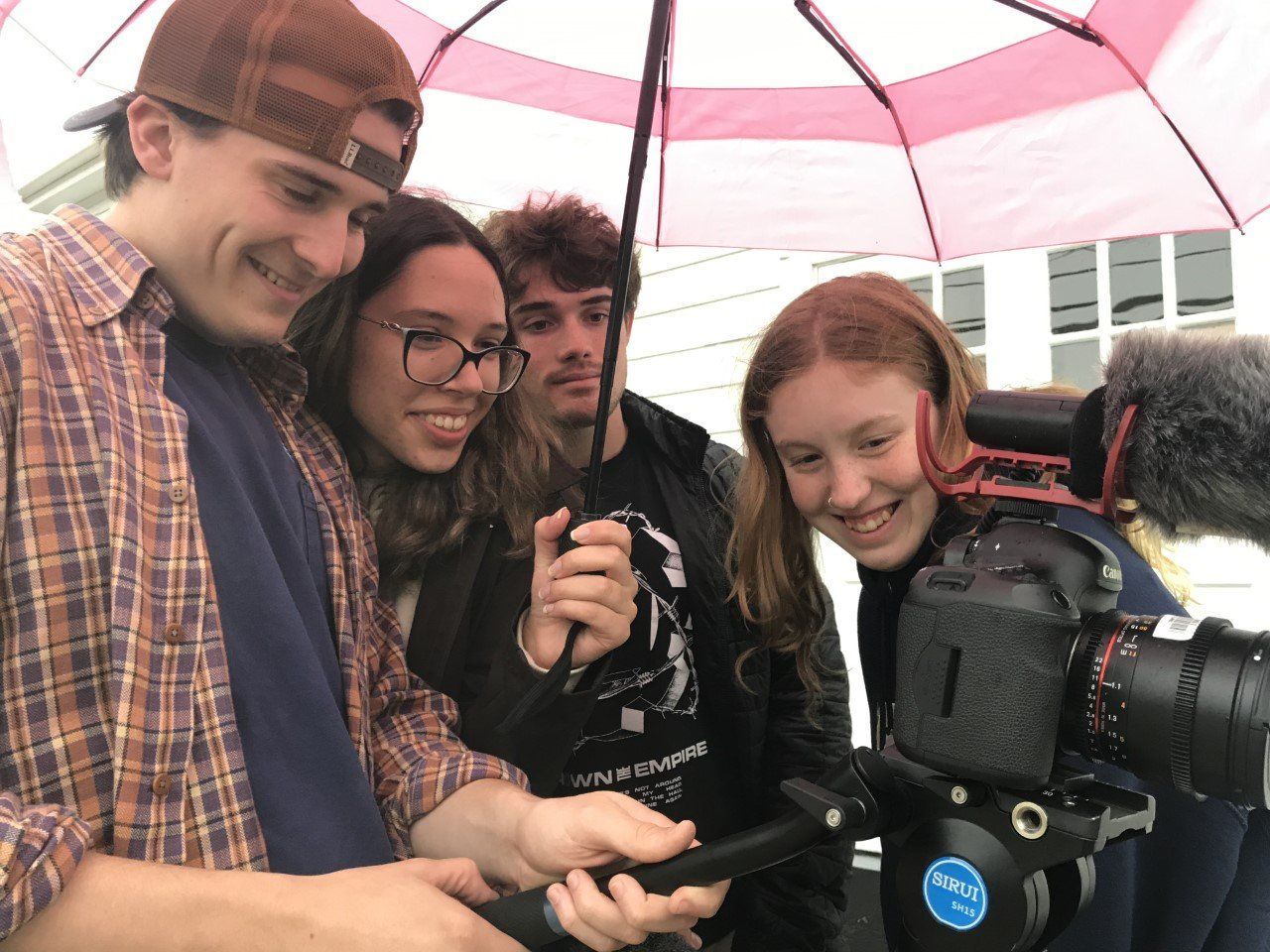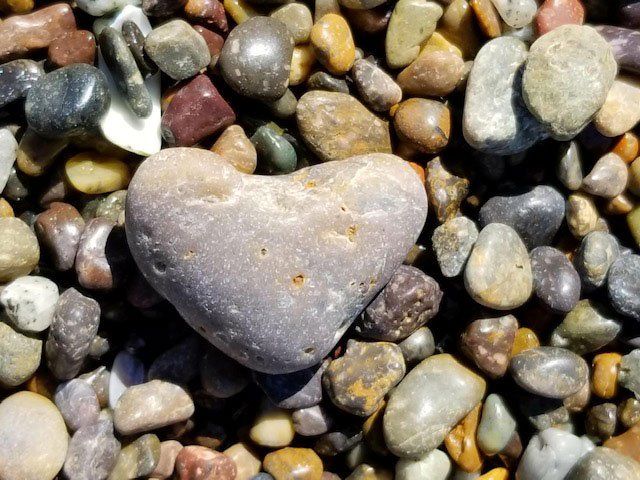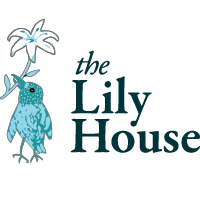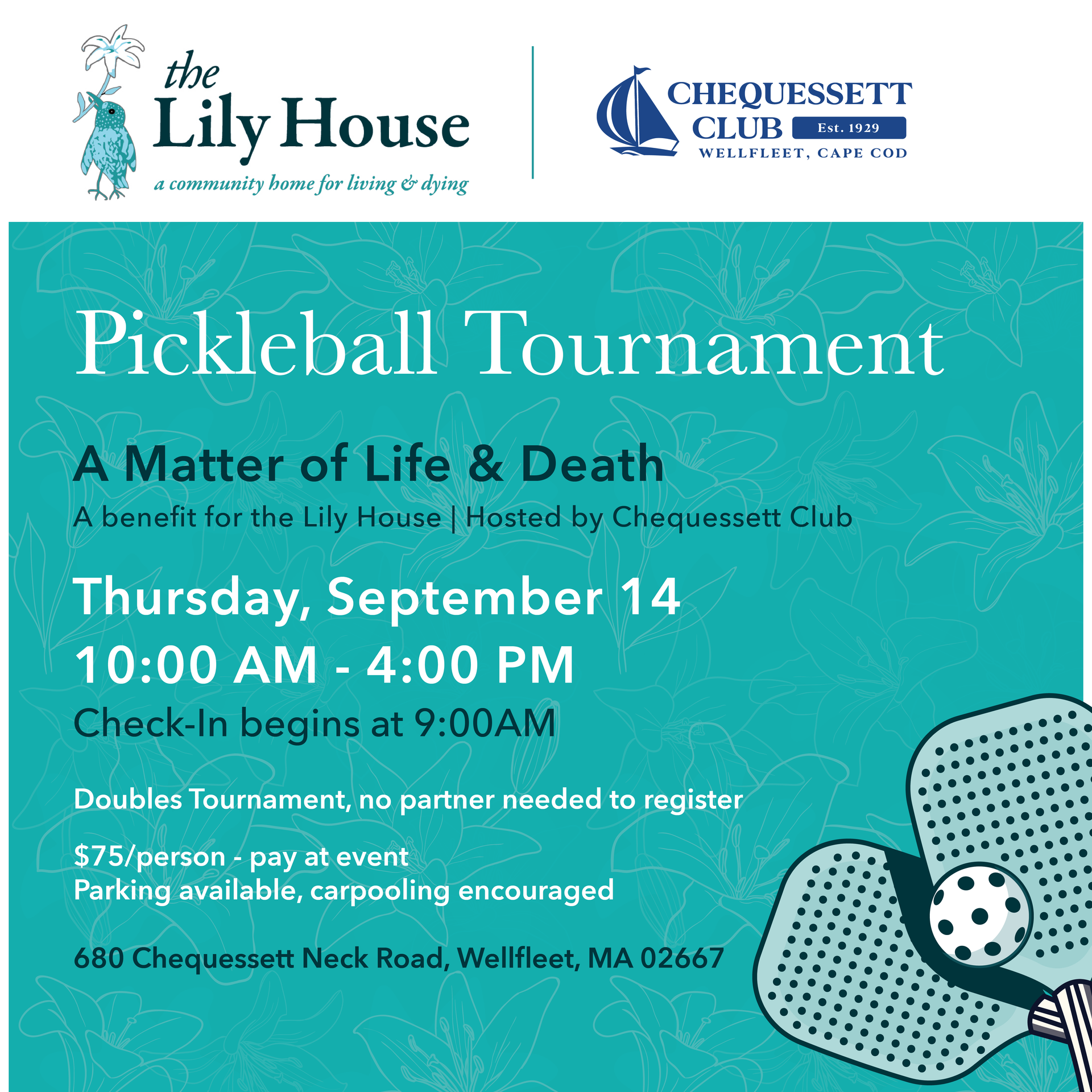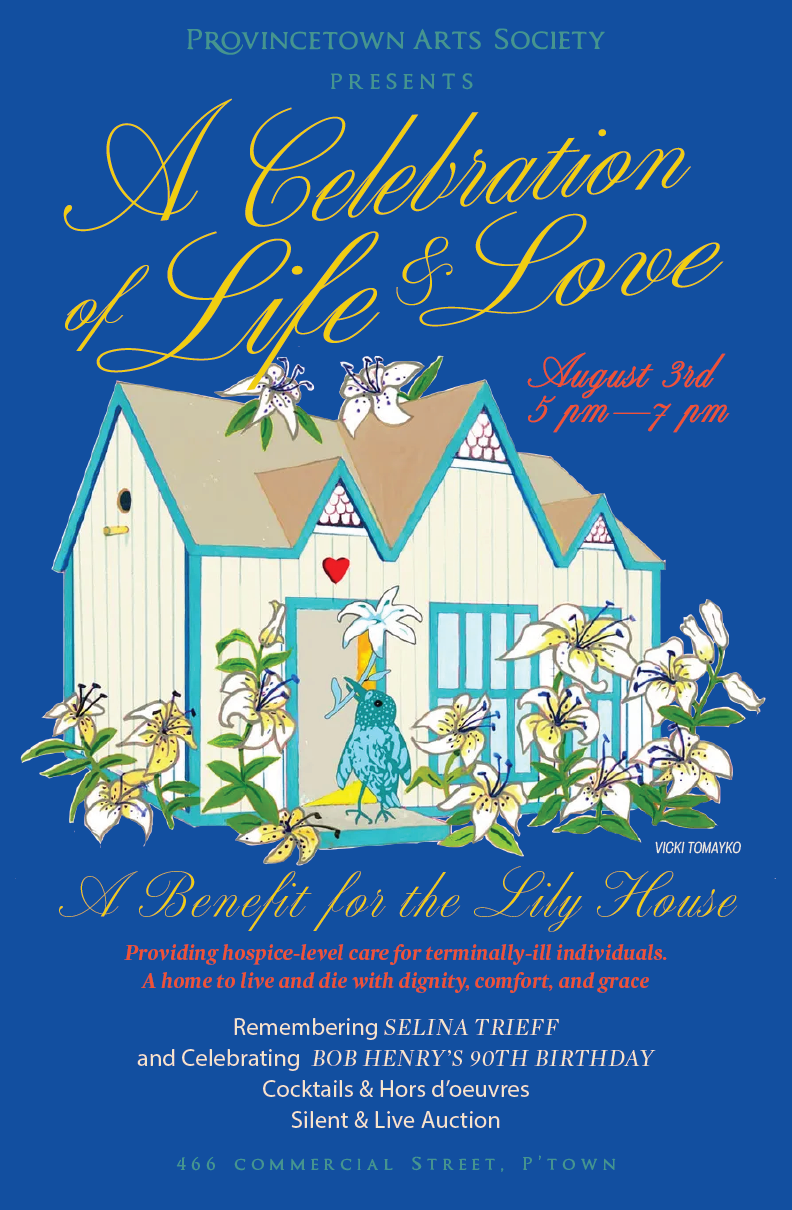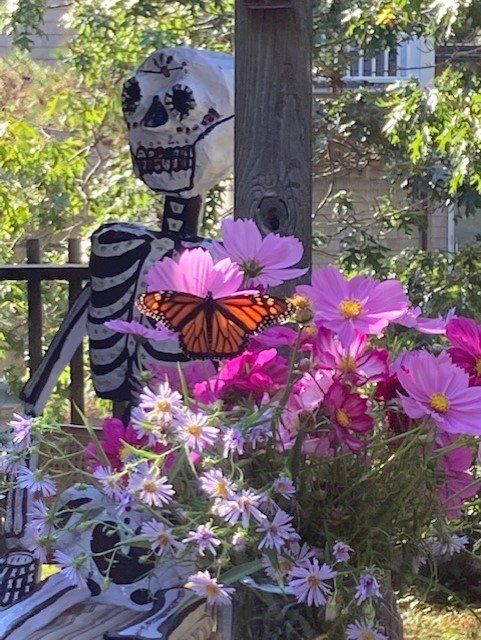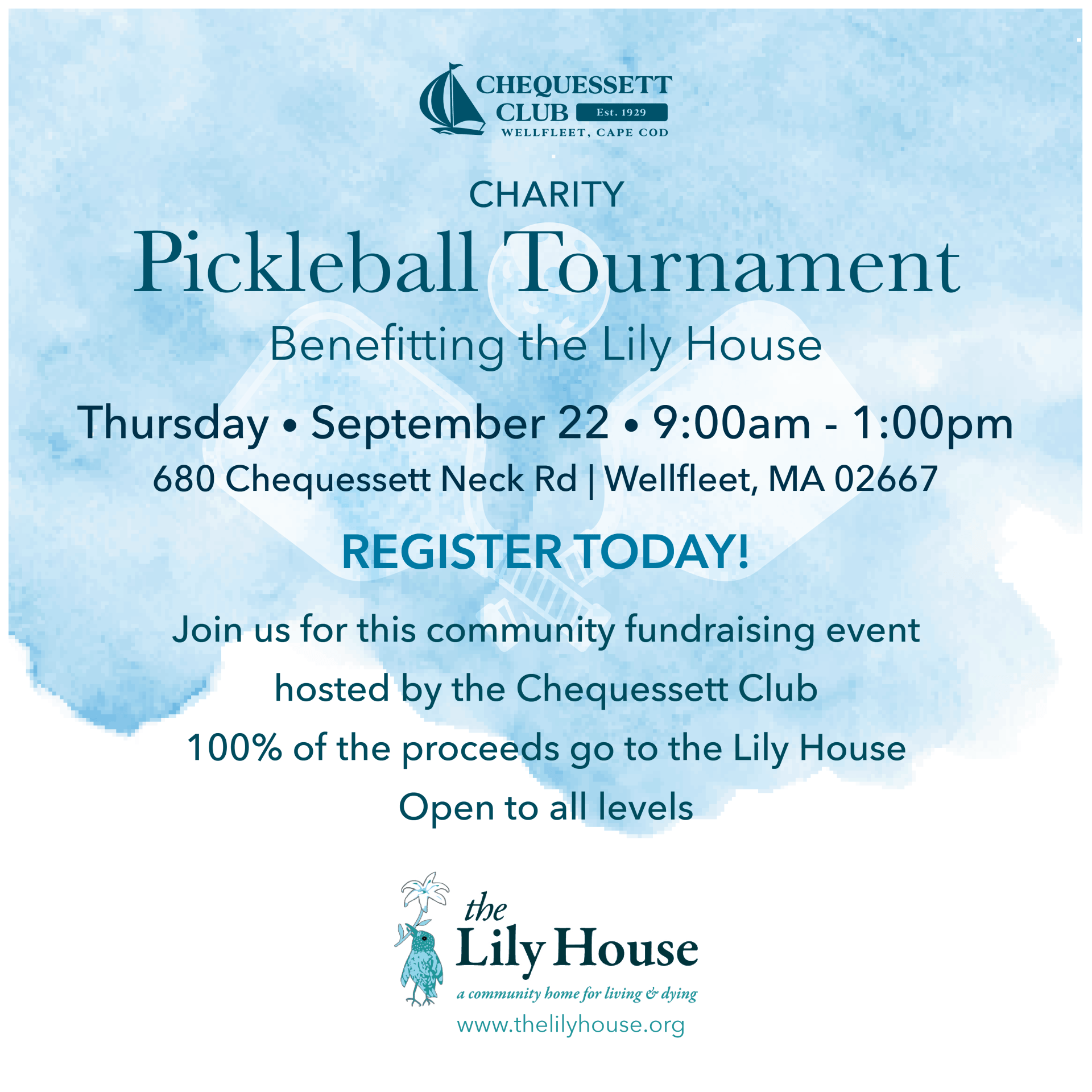Talking About Death and Dying
I recently met a new friend—a poet from Queens named Ama. She was in Provincetown on vacation and staying in the condo next to mine. It was her first time in Provincetown. She arrived late in the day just as the light began to soften. Within an hour, we were strolling together along Province Lands Road to Herring Cove Beach. As we walked and talked, we learned we both have an MFA in Creative Writing. She shared that she works at a Trader Joe’s in Manhattan. I told her I am a death doula.
The next day, I lent Ama my beach cruiser. She made me fried chicken. We were fast friends. As I work from home, and Ama was staying next door, we had the opportunity for impromptu visits at several points throughout the days—Ama sharing her vacation adventures, I bearing witness to the transformative powers of the Outer Cape. The way this land—with its light-reflecting waters, wind-swept dunes, and horizon-defying sky—opens your soul, if you let it.
And Ama did. That, however, is Ama’s story to tell. What I can share is that with each passing day, our conversations dove deeper into topics that matter most to us: art, poetry, social justice, politics, friends, family, food, death, and dying. In one of our conversations, we were talking about mortality in general and aging family members in particular. At one point, Ama—clearly curious about my work as a death doula—asked if I ever got tired of talking about death and dying. A question that gave me pause.
Not pause to consider my answer (although I did), but pause at the question itself—whose underlying meaning seemed to be a broader inquiry related to the discomfort and unease with which we, as a cultural at-large, discuss (but mostly don’t discuss) death and dying.
Ama had asked me this question while we were chatting on the front porch while she waited for a couple of friends, Eileen and Megan also in town on vacation, to pick her up for a day at the beach. They pulled up before I had time to answer Ama’s question.
Eileen, a poet who is also a friend of mine, introduced me and Megan to each other. By way of introduction, Eileen shared that I am a death doula and that Megan is a writer whose partner, Angie, died of cancer—and that Megan had written about her experiences being with Angie while she was dying.
Megan and I were standing next to each other. Our eyes instantly met in recognition—in shared understanding that death and dying were welcome topics of discussion. Megan and I immediately began talking about death and the loss of Angie as seamlessly as if we were conversing about the weather. Eileen marveled at the level of ease and comfort of our conversation.
That is my wish. That we open ourselves to conversations about death and dying. About the inevitability of our shared mortality. That we offer comfort and support for each other as we share our fears, worries, and anxieties about death—and also our curiosity, insights, and wonder. That we offer space for each other to share our experiences of loss, to bear witness to our broken hearts, to acknowledge the love that never dies.
Without a doubt, death and dying can be one of the most difficult topics to broach. Most of us have very little experience doing so and have internalized the cultural messaging that death and dying are taboo topics—not for polite conversation, and certainly not in front of children or the elderly. But what I also know without a doubt is that talking about death and dying can bring profound peace of mind, improve end-of-life experiences, and empower us to live more fully in the present. It can even bring joy.
I have hosted many Death Cafés—open-ended, participant-led conversations about death and dying. Without fail, every Death Café has ended with joyous laughter and new friends exchanging phone numbers. I liken it to the collective energy of bliss that follows a dance party. In the case of a Death Café, I believe the joy and laughter is the result of tightly-bound energies having been released.
Whether conscious or subconscious, we all move through our lives in an existential relationship to our mortality. When given an opportunity to bring this relationship to the surface and explore our thoughts and feelings with each other, a sense of lightness and relief often follows. As a result, we also often feel less alone.
On Ama’s last night in Provincetown, we had one last impromptu visit. I had just ridden my bicycle home from a day at Herring Cove Beach and went around the back of the condo to park the bike. Ama was in the kitchen of the condo next door cooking supper. She had opened the sliding glass door off the kitchen that adjoins a balcony overlooking the back yard. When she saw me, she stepped out onto the balcony to read me a poem she had written. The poem was about her time on the Outer Cape, the last line read: And next door is Dawn, the death doula.
In turn, I told her that she had unwittingly given me a writing prompt when she asked me if I ever got tired of talking about death and dying. I never get tired of talking about death and dying, I told her—for there is no end to where the conversation will lead, and no limit to the insights that will unfold. Thank you, Ama, for the prompt.
Dawn Walsh | The Lily House
Executive Director
